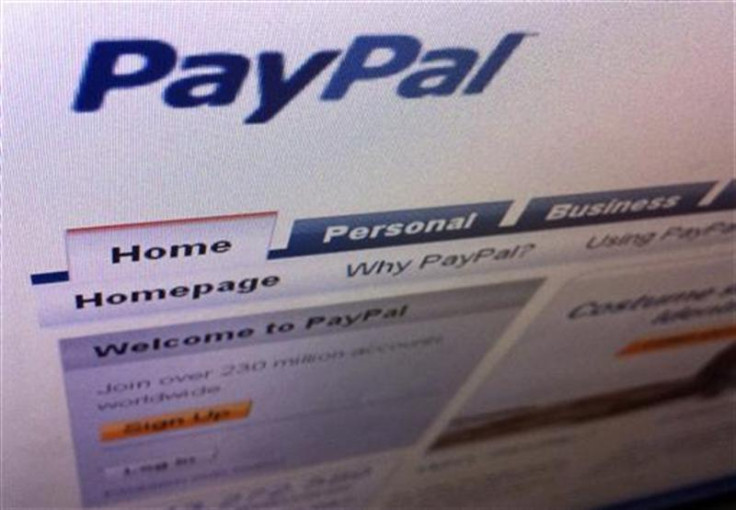PayPal agrees to £5m fine for alleged US sanction violations

PayPal has agreed to pay the US government a £5m fine for allowing payments which allegedly violated sanctions against Iran, Cuba and Sudan, and had links to weapons of mass destruction.
The $7.7m (£5.1m, €7m) fine was the result of the US Treasury Department finding PayPal had failed to adequately screen and prevent transactions to users in the sanctioned countries. In response PayPal said it has now improved the real-time screening of payments.
The payments total 486 transactions between 2009 and 2013, and were worth almost $44,000. The Treasury Department said: "For several years up to and including 2013, PayPal failed to employ adequate screening technology and procedures to identify the potential involvement of U.S. sanctions targets in transactions that PayPal processed."
Under the terms of the settlement, PayPal did not admit or deny it had violated the sanctions.
The payments included $7,000 in transactions involving Kursad Zafer Cire, a Turkish man who has been on the US State Department's list of weapons of mass destruction proliferators since 2009. According to Treasury documents, PayPal processed 136 transactions totalling just over $7,000 to or from an account in Cire's name. The company said these transactions were not flagged because an automated filter was not "working properly."
Six months later, the filter successfully flagged up Cire's account, but a risk operations agent at PayPal "mistakenly believed that the system had generated the alert in order to confirm Cire's name and address [and] dismissed the alert without requesting or obtaining any additional information," the documents said. Between September and November 2009 this scenario happened a further four times because the initial alert had been dismissed.
PayPal said it had "voluntarily" reported certain dubious payments to the Treasury's Office of Foreign Assets Control (Ofac). Since then, the payments service has "taken additional steps to support compliance with Ofac regulations with the introduction of real-time screening of payments and improved processes," a spokesperson told the BBC.
© Copyright IBTimes 2025. All rights reserved.






















